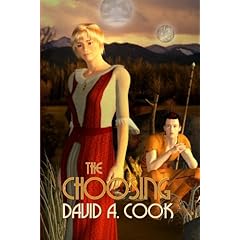Orthodox Evolution Needs Auditors
From Panspermia 10 January 2007 …It is not enough that companies make disclosures of financial information…. In addition it is vital that there be a set of financial intermediaries, who are at least as competent at receiving, processing and interpreting financial information … as the companies are at delivering it  Yale Law professor Jonothan Macey, writing about the financial collapse of Enron. Macey was cited in a New Yorker article suggesting that, prior to its collapse in 2001, Enron’s extreme financial fragility was not concealed from the public  it was disclosed in the company’s own financial statements. The condition went unnoticed because the disclosure information was convoluted and took great effort to understand. Almost everyone relied on Enron Read More ›
